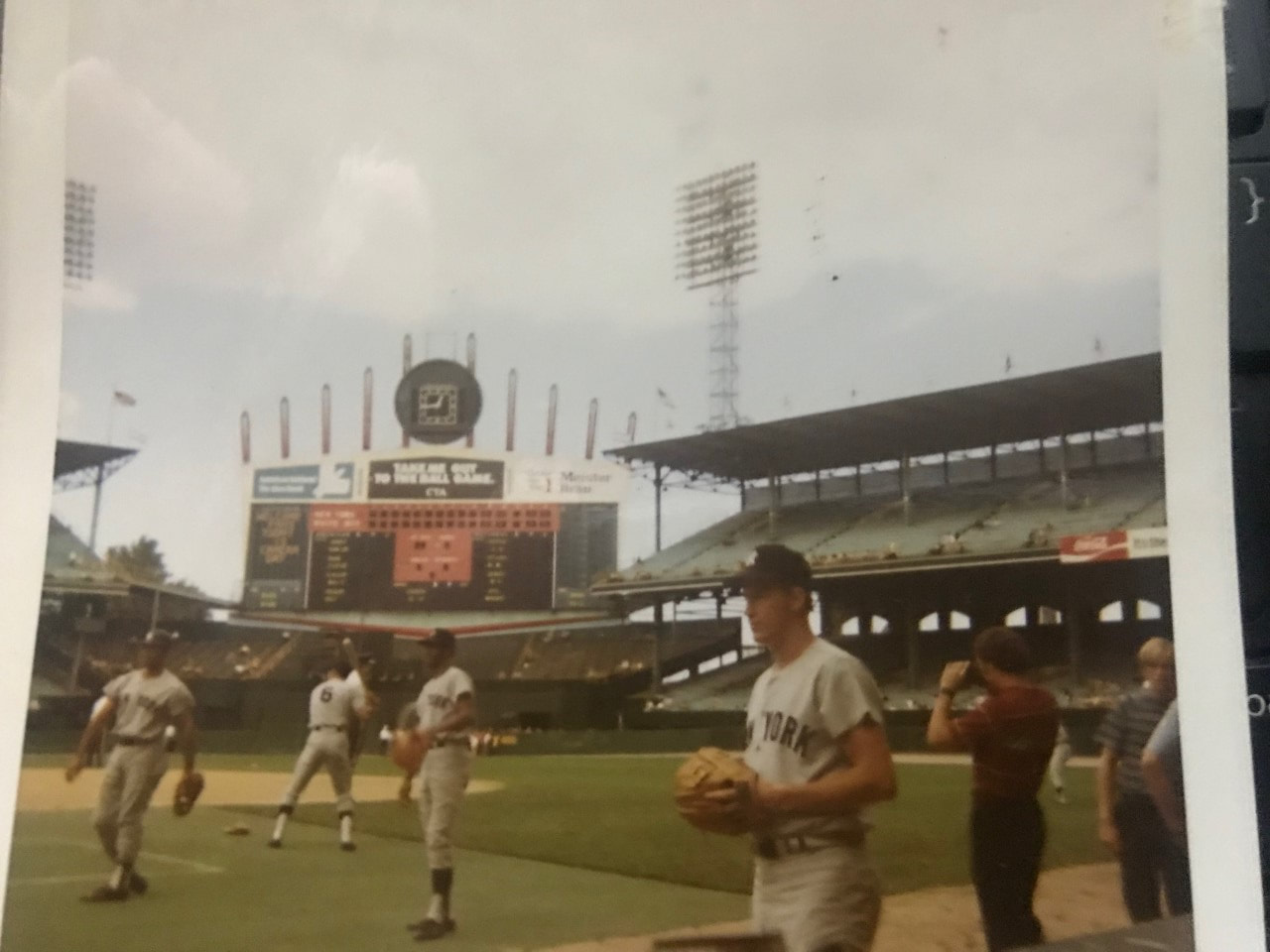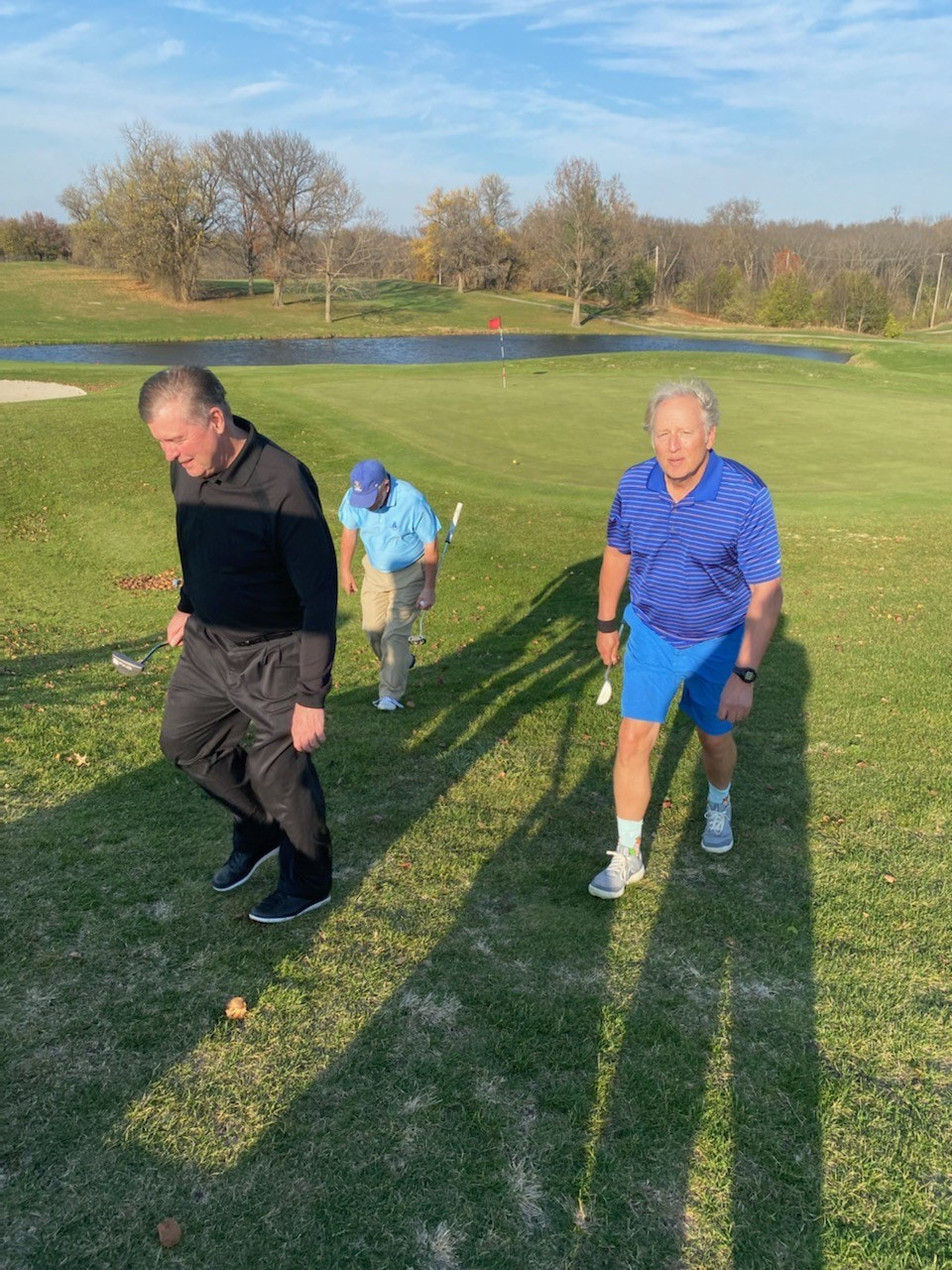
Case in point: last week during a college football game, the two announcers went on and on and on about what a great thing one of the running backs did before the game by greeting a young fan who was in a wheelchair. Yes, that’s nice. I see others reaching out in many situations to the handicapped. Do they get praised? No.
The announcers went back to the incident repeatedly during the broadcast. You would think the running back had developed a steady renewable energy source to solve the world’s energy needs for all the praise they directed his way. HEY, HE DID A GOOD THING. Nice to point it out. Let’s move on.
The amount of time spent focusing on this good deed astounded me. Was it because the announcers felt athletes get a bad rap and never help others? Did they find this to be unusual? Was it just a touching moment and they wanted to publicize it? I don’t know. All I know is they WAY overdid it.
The initial recognition of the nice gesture is certainly something to touch on. “Hey folks, check out this interaction in the tunnel before the game today.” Show the clip. Say something supportive. Move on. Let us draw what we want from the action.
The praise was so disproportionate to the gesture (IMHO) that it turned me off to the positive side of what occurred. The announcers became the coverage, almost stumbling over each other seeing who could say more nice things than the other guy.
Their vocal support started, then they went back to game coverage, then they returned to say more about the greeting, then they returned to game coverage, then found a clip of the running back and handicapped kid and showed the interaction and they re-upped their solicitous remarks.
I imagine the running back didn’t think twice about what he did. He’s a decent person, probably likes kids, saw the kid in the wheelchair, said “hi,” shook his hand, gave him a high five, chatted a bit and moved on. He probably made the kid’s day. Maybe made his week. Nice to see and hear.
I believe much of the “over-the-top praise” came from the announcers figuring people think athletes in the public eye don’t have a conscience or don’t care about anything other than their performance. As a response, they over-did it. Where they get it wrong is that every athlete has that human side. They have all the emotions we do. Some care, some don’t. Some are jerks, most are probably darn good people, just like the rest of us. Impressions become reality for must of us, and a bad incident with a big-time athlete sours many on athletes in general.
While not fair to the athletes, since we heap them into a category based on assumptions and snippets of incidents and information, it is the way we form our opinions. The announcers operated from their background and biases.
I’ll leave you with a quick story. Seven years ago I worked with a group of former professional athletes, mostly ex-NFL players, but several from other sports. There were 40-50 in this group, seeking jobs after their careers were cut short after a year or three in the pros by injury or just not making the cut. To a person, everyone of those we worked with to help them prepare for employment outside of the arena was open, respectful, wanted to figure out how to best present themselves, write a resume, interview effectively. They put their best foot forward, they listened, they took constructive feedback graciously.
They all opened my eyes to their world and how we get often get in wrong in our perceptions of them. There is much kindness and graciousness and caring out there. You have to pay attention though and look below the surface.

